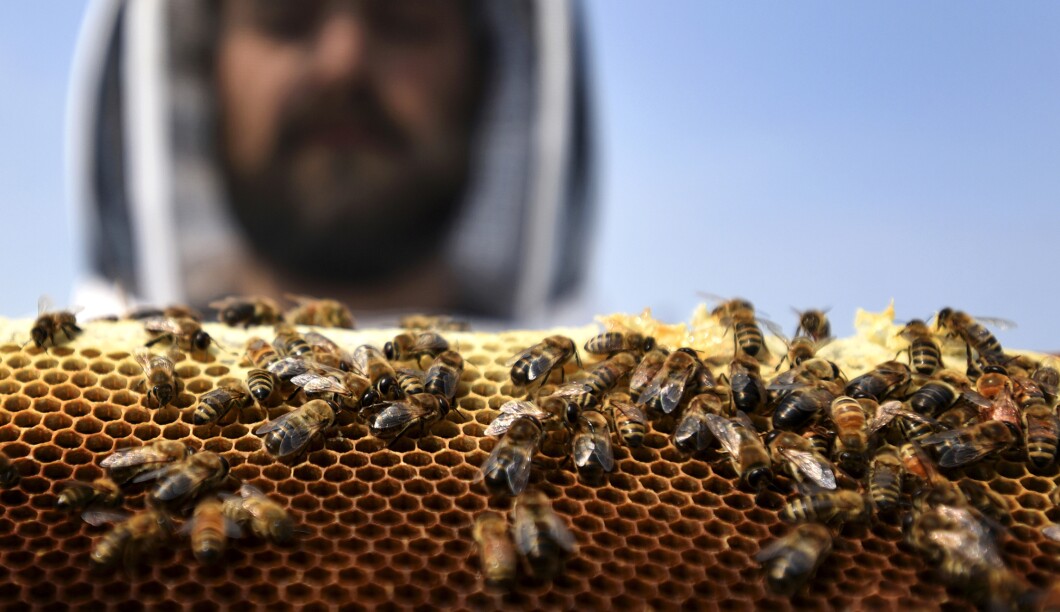
From April of last year to April of this year, 48% of honey bee colonies prematurely died off.
University of Maryland and Auburn University have collaborated with nonprofit Bee Informed to track and report on managed bee colonies every year since 2007. Last year saw losses of 48%, the previous year’s loss was 39%, and the year before that, it was 50.8%. The average loss over the last 12 years is 39.6%.
FOURTH OF JULY AIRFARE DOWN BY 27% FROM LAST YEAR

The cause of these losses is a mix of the parasitic mite, varroa destructor, which helps spread viruses between bees, increased use of pesticides, which inhibit the bee’s ability to stave off diseases, and dramatic changes in the environment. When it becomes warmer than usual during the winter, bees will leave their colonies to begin pollinating many of the crops we eat, as well as other plants, but when the weather chills again, the bees die off.
Still, the most commonly reported cause of death during the winter was the varroa. During the rest of the year, the most common report revolved around issues with the queen bee.
“High levels of losses do not necessarily result in a decrease in the total number of colonies managed in the United States because beekeepers can replace lost colonies throughout the year,” the report read.
CLICK HERE TO READ MORE FROM THE WASHINGTON EXAMINER
This report comes from a self-reported survey of 3,006 beekeepers from across the United States who collectively manage 314,360 colonies, the majority of which are commercially operated. This is only 12% of the estimated 2.70 million managed honey-producing colonies in the country in 2022, per the report.
The collaboration, known as “the Bee Informed Partnership,” is a non-profit organization dedicated to improving honey bee colony health in particular.





